|
Voiced by Amazon Polly |
Overview
Artificial Intelligence (AI) has advanced significantly beyond chatbots and image recognition. One of the most exciting transformations driving today is in software development. Imagine having an intelligent coding assistant that can not only write code but also test, debug, and deploy it, all autonomously. That’s where Generative AI agents come in. When combined with the power of Amazon Web Services (AWS), these AI-driven systems are transforming how modern software is built and managed.
Pioneers in Cloud Consulting & Migration Services
- Reduced infrastructural costs
- Accelerated application deployment
Generative AI for Code
Generative AI for code is a type of artificial intelligence that can understand natural language prompts and automatically generate software code.
These agents don’t just stop at writing code. They can:
- Generate functions or entire applications.
- Create and run automated test cases.
- Fix bugs and improve performance.
- Deploy applications to the cloud.
Essentially, they’re evolving into AI-powered DevOps engineers.
The Evolution of AI Coding Assistants into Agents
Traditional AI coding assistants rely on human prompts. You ask for code, and they respond. But AI agents take it a step further. They can act autonomously, meaning they can make decisions, perform tasks, and execute workflows without needing constant supervision.
For example, an AI agent could:
- Understand a product requirement described in plain English.
- Break it into smaller development tasks.
- Write and test code for each task.
- Deploy it to an AWS environment, such as AWS Lambda, Amazon EC2, or Amazon ECS.
- Monitor its performance and make updates when needed.
This makes AI agents a true “developer partner” rather than just a code suggestion tool.
How Generative AI Agents Work?
Let’s break down how these intelligent agents typically operate within a cloud environment, such as AWS.
- Understanding Requirements
The process begins when the AI agent receives a requirement, such as “Create an API for a student registration system.” Using natural language understanding (NLU), it interprets the request, determines the necessary components, and begins generating a plan.
- Code Generation
The agent uses a model, such as Amazon CodeWhisperer or a Large Language Model (LLM) via Amazon Bedrock, to write the source code. It can automatically choose the right programming language, frameworks, and libraries.
For example, it might generate a Python Flask API, define endpoints, and write logic for connecting to an Amazon DynamoDB database.
- Testing & Validation
Before deployment, the AI creates and runs unit tests and integration tests. It uses test-driven development (TDD) principles to ensure the code works as intended. If a test fails, the agent can autonomously revise the code.
- Deployment on AWS
Once the code passes testing, the agent moves to deployment. It can use AWS Lambda for serverless apps or Amazon EC2/Amazon ECS for larger deployments. Using AWS CloudFormation or Terraform, it can set up infrastructure automatically.
- Monitoring & Optimization
Even after deployment, the AI agent can monitor performance metrics using Amazon CloudWatch. If it detects inefficiencies or bugs, it can open a new cycle, fixing issues, re-testing, and redeploying the updates.
This closed feedback loop is what makes these agents so powerful, they can continuously improve their code over time.
Benefits of Using Generative AI Agents for Code
- Speed and Efficiency
Development cycles are drastically shorter. Agents can handle repetitive coding and testing tasks at lightning speed.
- Reduced Human Error
AI follows consistent logic and coding patterns, reducing common errors introduced by manual coding.
- Cost-Effective Development
With automation, fewer developers are needed for initial builds, and maintenance costs are lower.
- Continuous Improvement
Agents learn from previous codebases and continuously enhance their performance with every iteration.
- Scalability
Using AWS cloud infrastructure, these AI agents can handle projects of any scale, from prototypes to enterprise-grade systems.
The Future of AI-Driven Development
The future of coding is collaborative intelligence, where humans and AI agents co-create software. Soon, you might have an entire AI DevOps team working beside you:
- One agent writing backend code.
- Managing deployment pipelines.
- Another is analyzing logs and improving system performance.
With AWS continuing to expand its GenAI ecosystem (like Amazon Q Developer, Amazon Bedrock Agents, and AWS CodeWhisperer), we’re heading toward a future where software development feels like giving instructions to a smart colleague rather than writing endless lines of code.
Best Practices for Using AI Agents on AWS
If you’re ready to explore this space, here are a few best practices to get started:
- Start with small automation tasks. Let agents handle repetitive tasks, such as writing boilerplate code or setting up deployment scripts.
- Leverage AWS-native AI tools. Use Amazon Bedrock, AWS CodeWhisperer, and Amazon SageMaker to build reliable, secure systems.
- Keep humans in the loop. Always review AI-generated code for security, compliance, and alignment with business logic.
- Monitor continuously. Use Amazon CloudWatch and AWS CodePipeline dashboards to track the activities of your agents.
- Train and fine-tune models. Customize models using Amazon SageMaker to help your agents better understand your codebase.
Conclusion
Generative AI is revolutionizing how software is created. With AI agents capable of writing, testing, and deploying code on AWS, the boundaries of automation are expanding fast.
These agents promise a future where developers can focus on innovation, design, and strategy, while AI handles the heavy lifting of coding and DevOps. AWS, with its robust ecosystem and cloud-native services, provides the perfect platform for this transformation.
The next generation of developers won’t just write code, they will train AI agents to build software for them.
Drop a query if you have any questions regarding GenAI and we will get back to you quickly.
Empowering organizations to become ‘data driven’ enterprises with our Cloud experts.
- Reduced infrastructure costs
- Timely data-driven decisions
About CloudThat
CloudThat is an award-winning company and the first in India to offer cloud training and consulting services worldwide. As a Microsoft Solutions Partner, AWS Advanced Tier Training Partner, and Google Cloud Platform Partner, CloudThat has empowered over 850,000 professionals through 600+ cloud certifications winning global recognition for its training excellence including 20 MCT Trainers in Microsoft’s Global Top 100 and an impressive 12 awards in the last 8 years. CloudThat specializes in Cloud Migration, Data Platforms, DevOps, IoT, and cutting-edge technologies like Gen AI & AI/ML. It has delivered over 500 consulting projects for 250+ organizations in 30+ countries as it continues to empower professionals and enterprises to thrive in the digital-first world.
FAQs
1. How do AI agents differ from traditional coding assistants like GitHub Copilot?
ANS: – Traditional assistants suggest snippets based on your current code, while AI agents can take full ownership of a task. They can plan, write, test, and deploy applications autonomously, often integrating with AWS services to complete DevOps workflows.
2. Can AI agents really deploy applications on AWS automatically?
ANS: – Yes. With access to AWS services such as AWS CodePipeline, AWS Lambda, and AWS CloudFormation, AI agents can automatically push code changes, run CI/CD pipelines, and deploy applications, all with minimal human intervention.
3. Are Generative AI agents secure for enterprise coding?
ANS: – Security depends on how the agents are configured. Using private repositories, role-based access, and AWS’s security tools, such as AWS IAM, AWS Secrets Manager, and AWS CodeGuru Reviewer, helps ensure that generated code and deployments remain secure.

WRITTEN BY Modi Shubham Rajeshbhai
Shubham Modi is working as a Research Associate - Data and AI/ML in CloudThat. He is a focused and very enthusiastic person, keen to learn new things in Data Science on the Cloud. He has worked on AWS, Azure, Machine Learning, and many more technologies.


 Login
Login
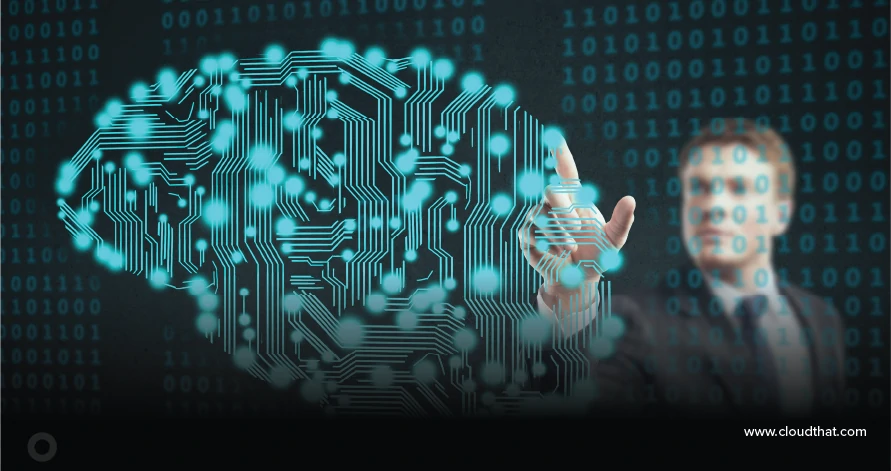

 November 11, 2025
November 11, 2025 PREV
PREV
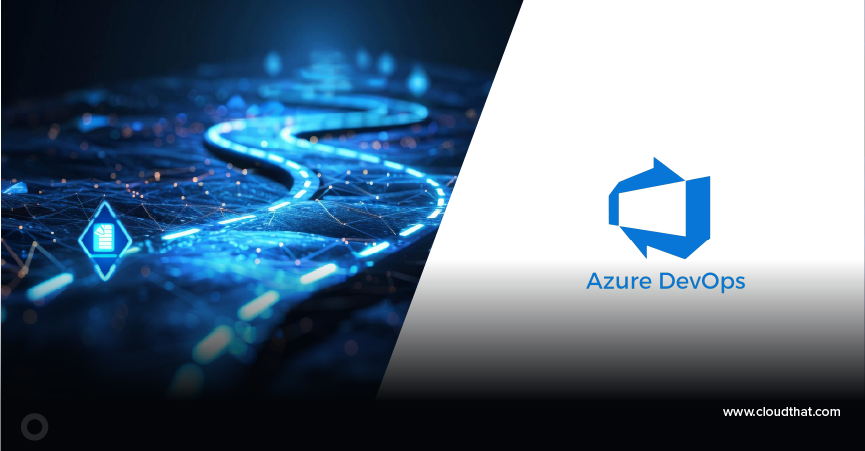
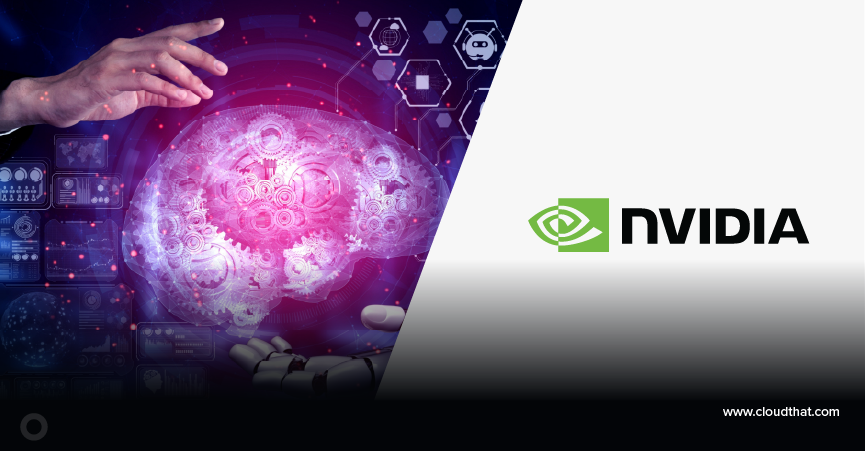

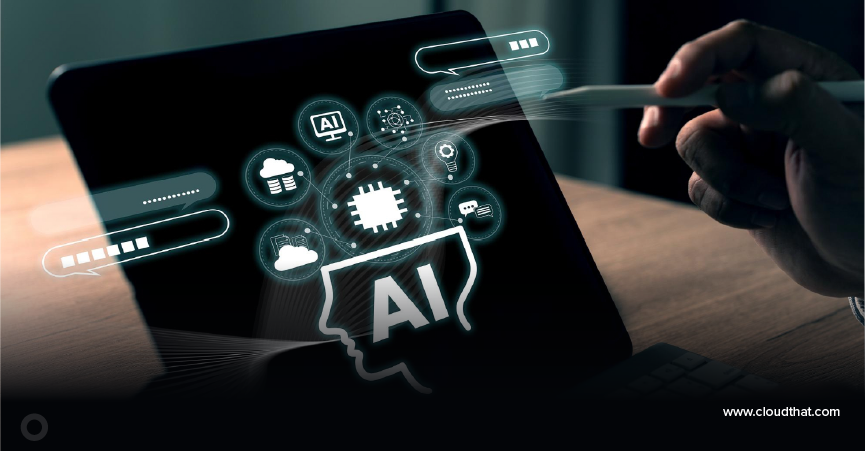

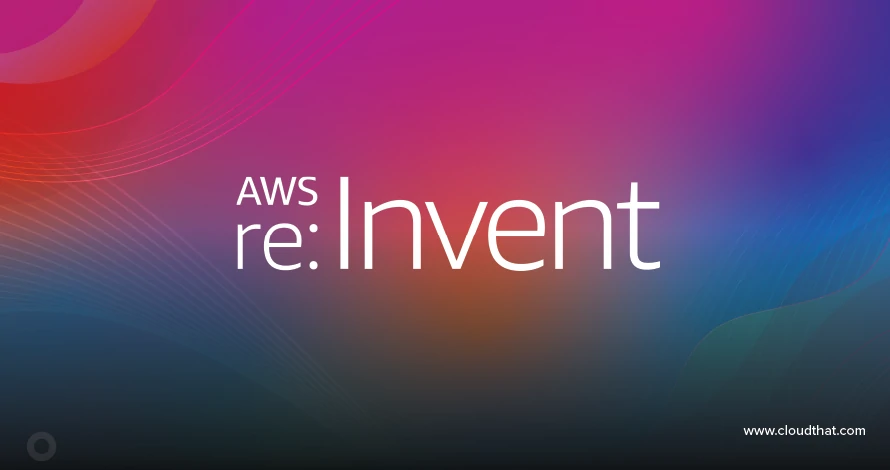


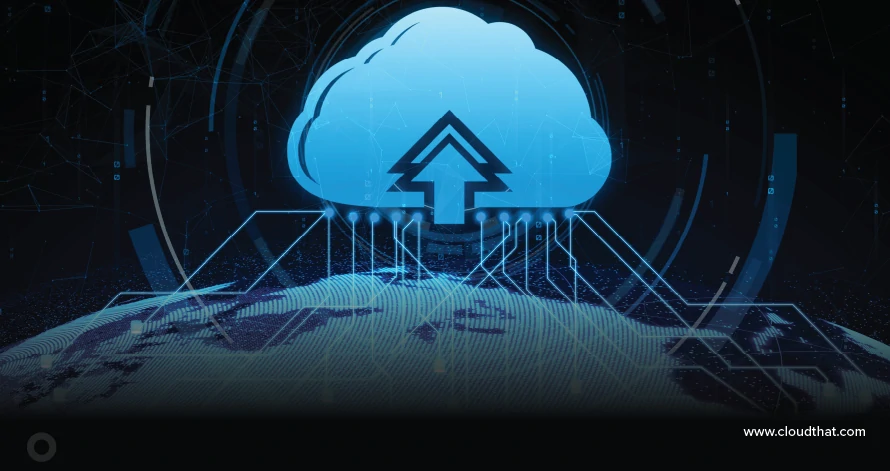


Comments